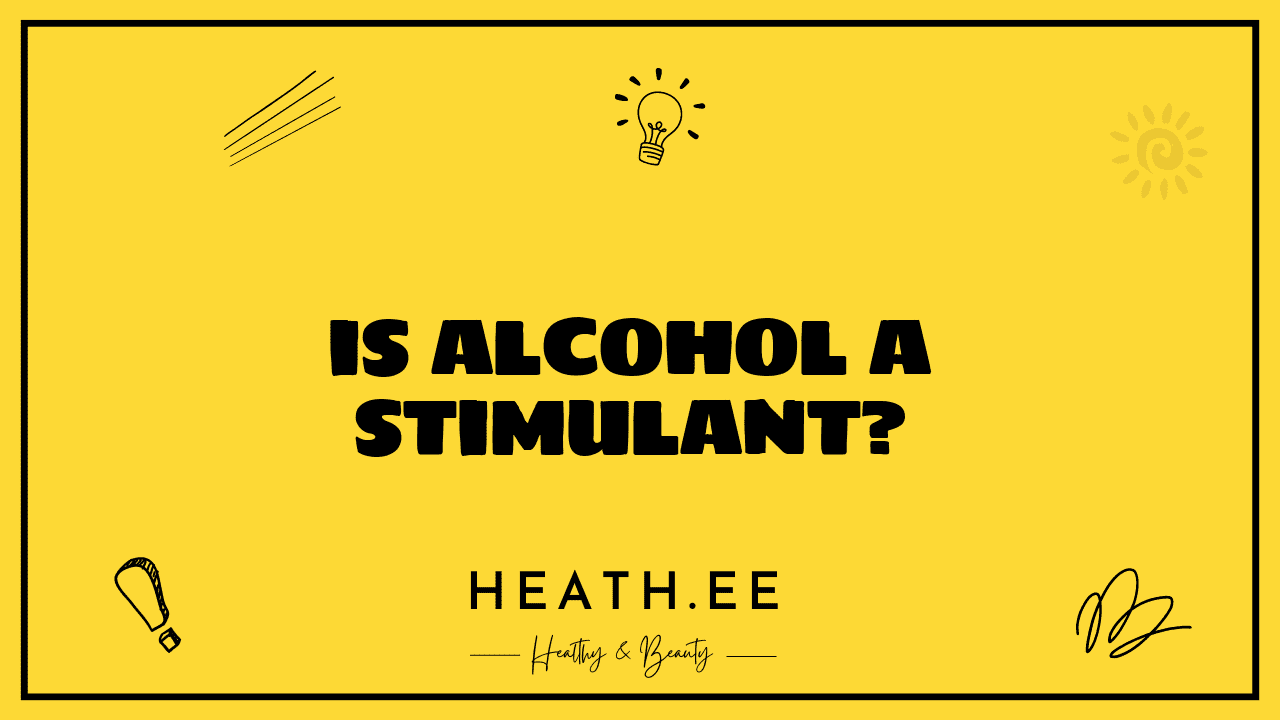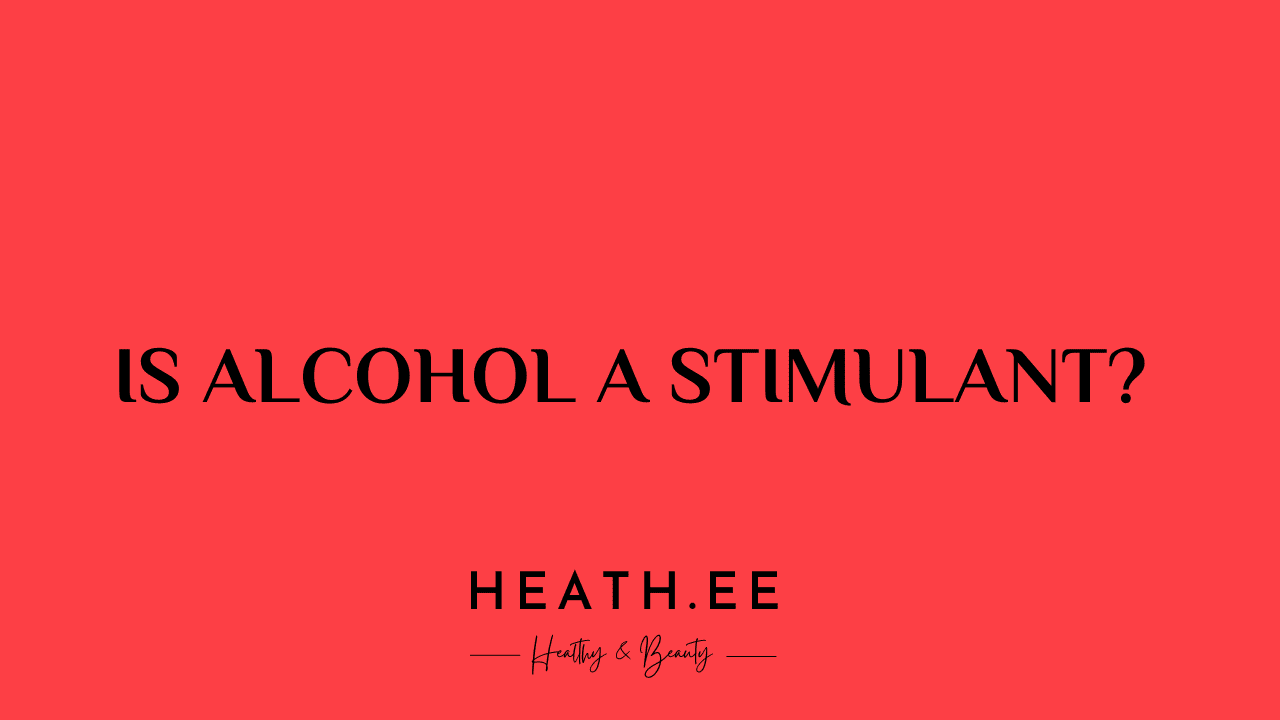Alcohol is one of the oldest and most widely-consumed substances in the world. It is used in many cultures and religions for various reasons, including as part of religious ceremonies, for medicinal purposes, and for recreational use. But is alcohol a stimulant?
The short answer is no. Alcohol is a depressant, not a stimulant. It has a sedative effect on the body, and it can cause drowsiness, slowed reflexes, and impaired judgment. However, alcohol can have some stimulant-like effects, such as increased energy and a sense of well-being.
What is a Stimulant?
A stimulant is a type of drug that increases alertness, energy, and concentration. Stimulants can be either legal or illegal. Common examples of legal stimulants include caffeine, nicotine, and prescription drugs such as Adderall and Ritalin. Illegal stimulants include cocaine, methamphetamine, and ecstasy.
Stimulants work by increasing levels of certain chemicals in the brain, such as dopamine and norepinephrine. These chemicals are responsible for feelings of pleasure, motivation, and focus.

How Does Alcohol Affect the Brain?
Alcohol affects the brain in a number of ways. When consumed, alcohol is absorbed into the bloodstream and eventually reaches the brain. Once it reaches the brain, alcohol affects the neurotransmitters, which are the chemicals responsible for carrying messages between nerve cells.
Alcohol affects the neurotransmitters in several ways. It can increase the release of dopamine, which is responsible for feelings of pleasure and reward. It can also increase the release of GABA, which is responsible for calming the body and decreasing anxiety.
Is Alcohol a Stimulant?
As previously mentioned, alcohol is not a stimulant. While it can have some stimulant-like effects, such as increased energy and a sense of well-being, these effects are short-lived and are outweighed by the depressant effects of alcohol, such as drowsiness, slowed reflexes, and impaired judgment.
In addition, alcohol can have serious long-term effects on the brain. Chronic alcohol consumption can lead to a decrease in brain function, memory loss, and an increased risk of developing Alzheimer’s disease and other forms of dementia.

Is Alcohol a Stimulant? The Bottom Line
In conclusion, alcohol is not a stimulant. While it can have some stimulant-like effects, these effects are outweighed by the depressant effects of alcohol. Additionally, chronic alcohol consumption can have serious long-term effects on the brain, such as memory loss and an increased risk of developing Alzheimer’s disease. Therefore, it is important to drink responsibly and in moderation.



